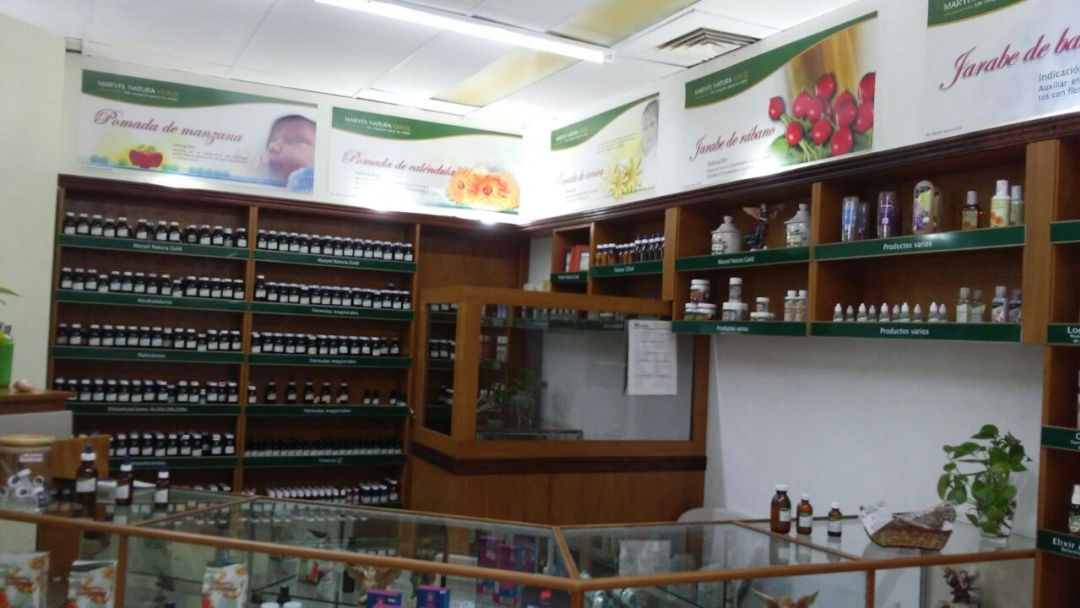Homeopathy and respiratory allergy
How to decrease the effects of allergy with homeopathy?
Pollen allergy is also known as hay fever, polynis or rhinitis. Pollen allergy is an exaggerated response from an organism before a substance or allergen.
The pollen penetrates the nose or mouth in our body. Pollen stimulates allergic people the production of antibodies (IgE), histamine, other pro-inflammatory substances and mucus producers.
All this previous process produces an “ allergic reaction ” that inflames the nasal mucosa and causes the symptoms that start with itching in the conjunctiva of the eyes, itching in the throat, sneezing, aqueous rhinorrhea and nasal obstruction, nasal pruritus, etc. and even asthmatic symptoms such as difficulty breathing, dry cough and oppression and whistling on the chest. It can also produce atopic dermatitis (eczema), as a result of skin exposure to allergens. These symptoms include itching, redness and skin peeling.
The constant nasal obstruction due to persistent rhinitis can be complicated with sinusitis and likewise, it is a risk factor for the appearance of asthma. And here, immunotherapy or treatment with homeopathy and / or phytotherapy is acquired since doing treatment with natural or alternative medicine will prevent patients with allergic rhinoconjuntivitis who are treated only with corticosteroids and antihistamines develop asthma past five years.
With alternative medicine, we can alleviate these symptoms of the allergic response, avoiding the evolution of asthma rhinitis and increased the quality of life of the allergic patient.
Symptoms appear in the months of February, March and April, becoming more intense in May-June. Therefore, we can prepare our organism before the appearance of pollination, which this year due to the large amount of rain, there is a very strong pollination forecast.
Homeopathy has remedies to treat acute symptomatology of allergic allergy or rhinitis. The background treatment in each patient is important to accelerate the healing process. For this treatment to be adequate, the patient should consult a homeopathic therapist. Homeopathic treatment should be started when the first symptoms appear.
In principle, while we wait for the visit of the homeopath, we can take Apis 15CHAY POUMON-HISTAMINE 15CH when the first symptoms appear. Take 5 granules of each remedy twice a day, morning and night, out of meals, preferably half an hour before. In addition, we can take manganese oligeement, a fasting blister, which helps to desess the organism. Oligotherapy is a therapeutic method that employs the catalytic activity of the trace elements to correct organic dysfunctions by activating altered enzymatic processes.
Homeopathic remedies are:
- 15CH Pollens: Pollens is prescribed to treat these seasonal allergies or spring allergy.
- Blatta Orientalis 15 CH: The Blatta is a good remedy to treat allergy due to dust and mites.
- If you dominate Sneezing: Nux Vomica or Sabadilla
- If you master the rhinitis: Allium strain, Arsenicum Album or Pulsatilla
- If there are conjunctivitis: Euphrasia, Kalium Iodatum, Apis, Belladonna or Rhus Toxicodendron.
- Allium strain: The common onion, medication widely used against respiratory allergies. The first thing that appears is ocular itching with tearing and saved from sneezing followed by a very abundant and ardent aqueous rhinorrhea.
- Euphrasia: Light, abundant and corrosive lacrimony, with irritation and redness of the conjunctiva. The tear is so intense that the person does not stop crying. Tears are burning, eyes and cheeks are reddened
- Pulsatilla: Nasal download during the day and congestion at night. The pulsatilla is friendly, quiet, docile, impressible and emotional; They usually seek attention and sympathy. They usually have itching on the palate during the night.
- Nux vóvico: Particularly irritable and frioral people, with fluid nasal discharge during the day and congestion at night. Symptoms tend to get worse in closed places and improve outdoors. They may have sneezing in saves, especially in the morning when waking up.
- Arsenicum Album: The rhinorrhea is aqueous, not very abundant but very hot, that excoring the upper lip, when the patient is exposed to an intense cold, the symptoms decrease when heated.
- Sabadilla: Violent, continuous and incomplete sneezing. Itching, particularly in the palate veil and nasal tingling. They get worse with the smell of flowers and with the cold.
Remember that homeopathy is a personalized treatment. These remedies mentioned here are some of those who serve us in homeopathy to treat the acute symptoms of allergy. For the treatment to be completed, we should add the background treatment, that is, the remedy of the terrain for each patient.
Food that we should avoid if we are allergic to:
- Grasses: Let's prevent, tomato, kiwi, citrus, melon, watermelon, wheat, peach, cherry, plum, almond, cereals.
- Parietaria: We will prevent, mulberry, basil, nettle, melon, cherry
- Coniferous: We will prevent, chicory, chamomile, banana, celery, parsley, carrot, fennel, sunflower oil, honey.
- Birch: We will prevent apple, pear, peach, almond, strawberry, plum.
Recommendations
- Do not open the windows of your house to ventilate, use humidifiers to vent the house.
- In driving Upload the windows and install filters in the air conditioning system.
- avoids the hours of greatest pollination: during the first hours of the morning and at sunset.
- Avoid tending the clothes on the outside of your house.
- Protect your eyes, use sunglasses when leaving the street
- avoids sport in the days of greatest pollination.
- Some foods help fight allergy: apple, carrot, onion, wholemeal rice, spinach among others. Dairy products, bread or pasta should be avoided.
- Follow an adequate treatment. The taking of natural medications, homeopathy, will alleviate the symptoms of allergy.
- Know the pollination indexes if you plan to go on vacation.




